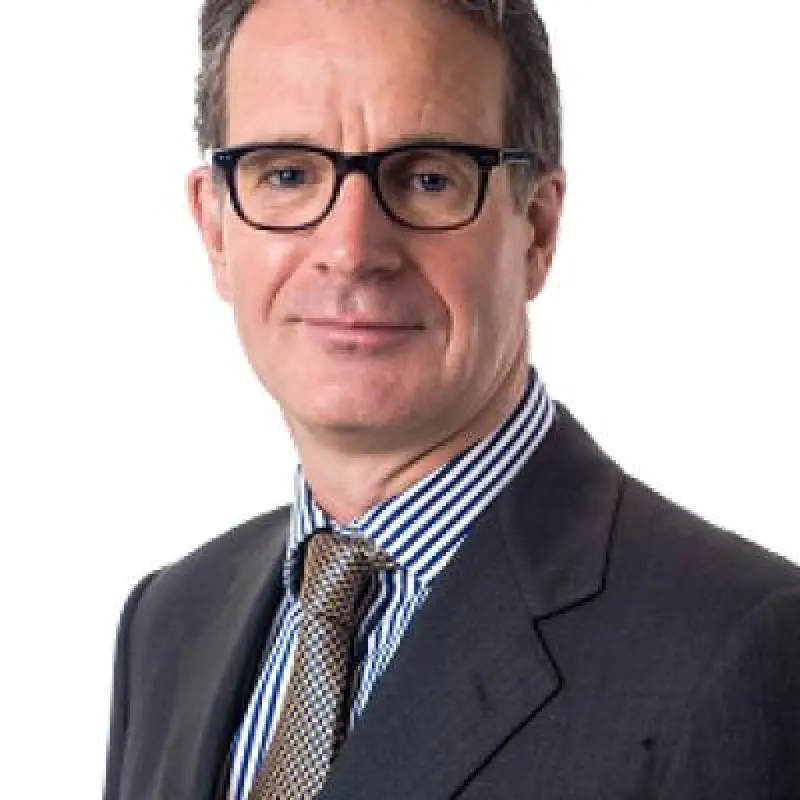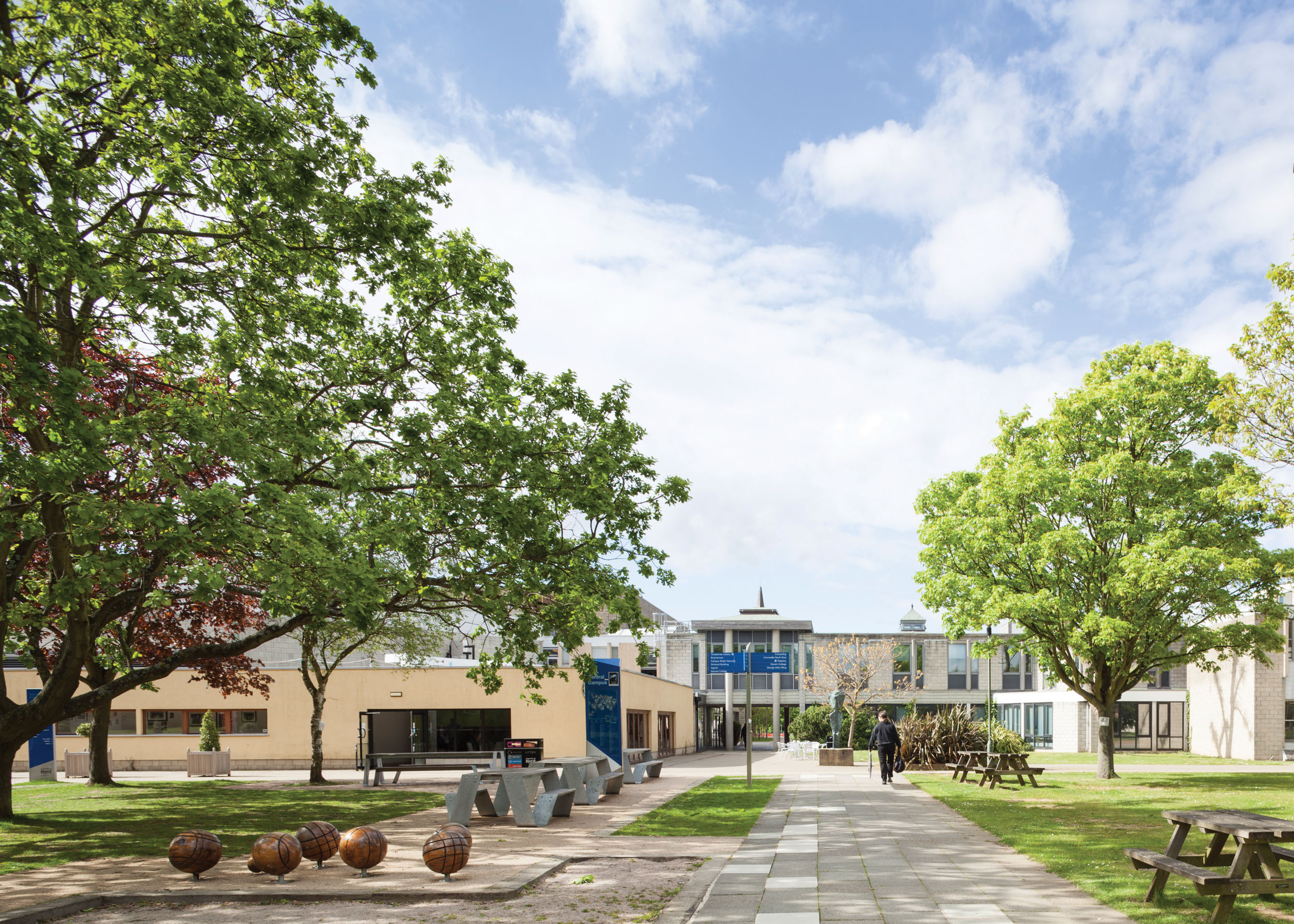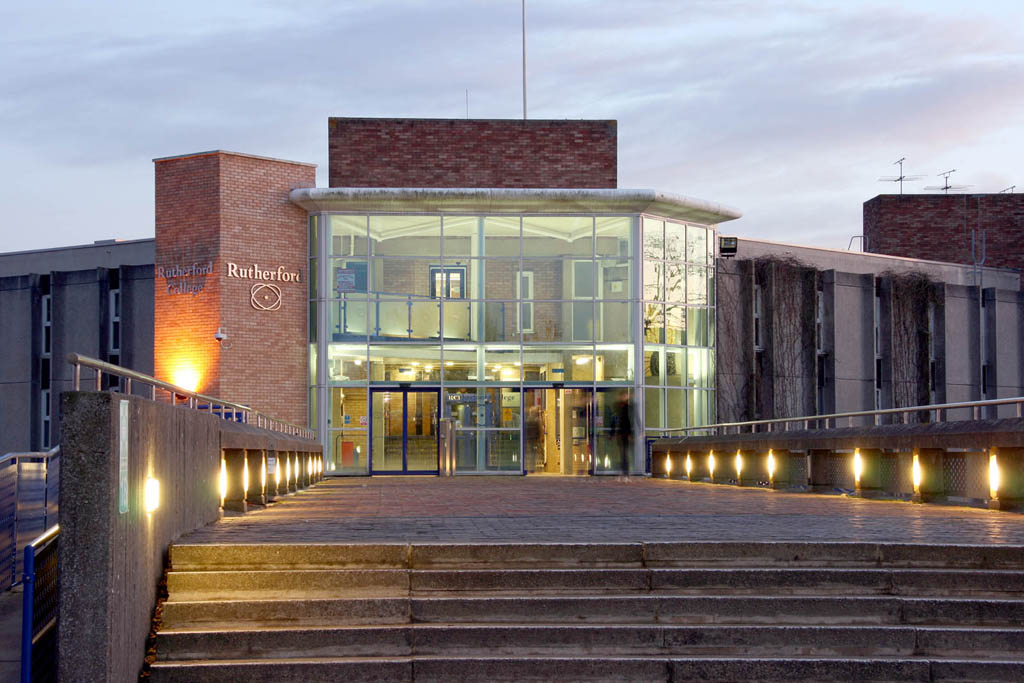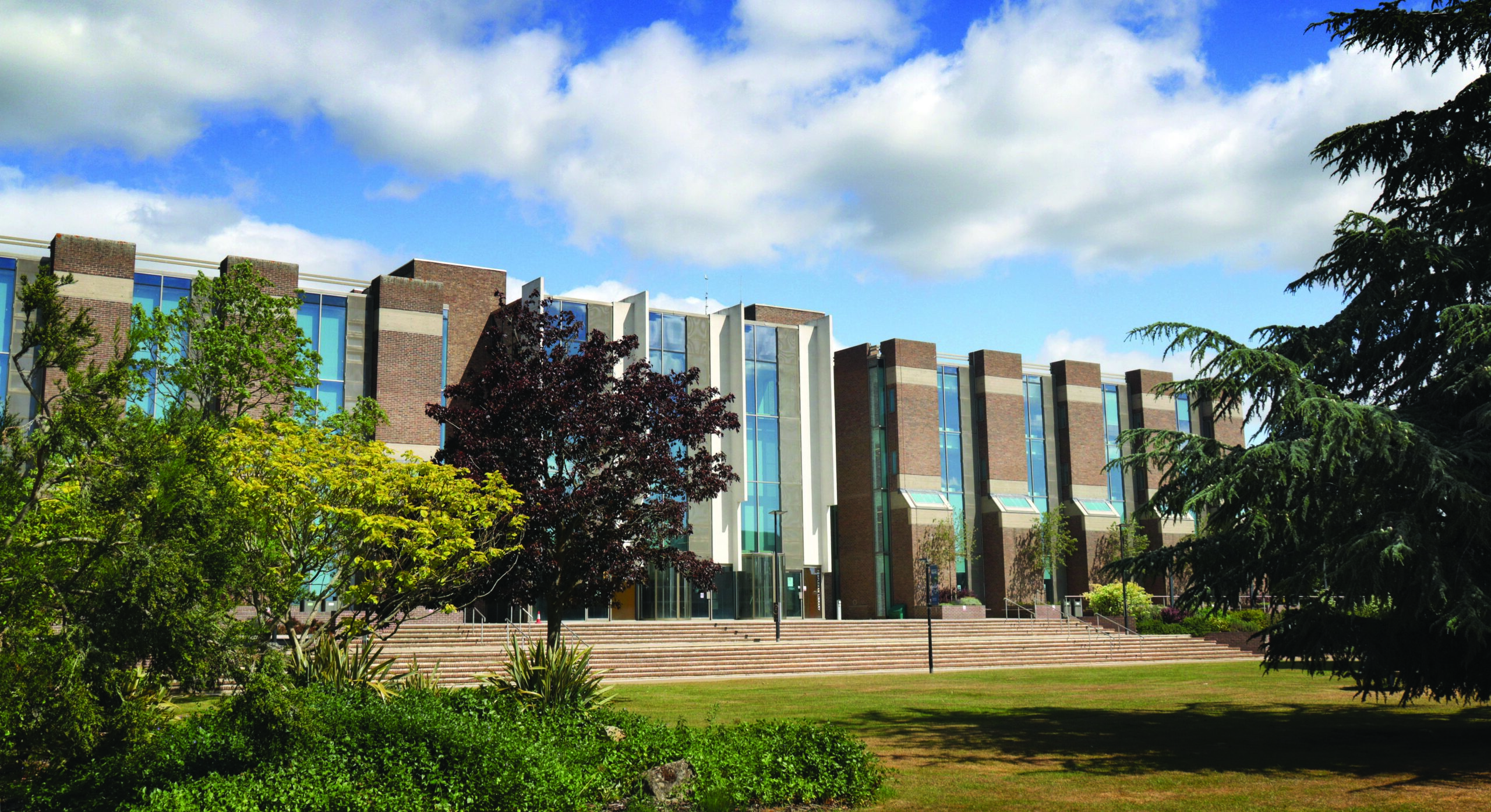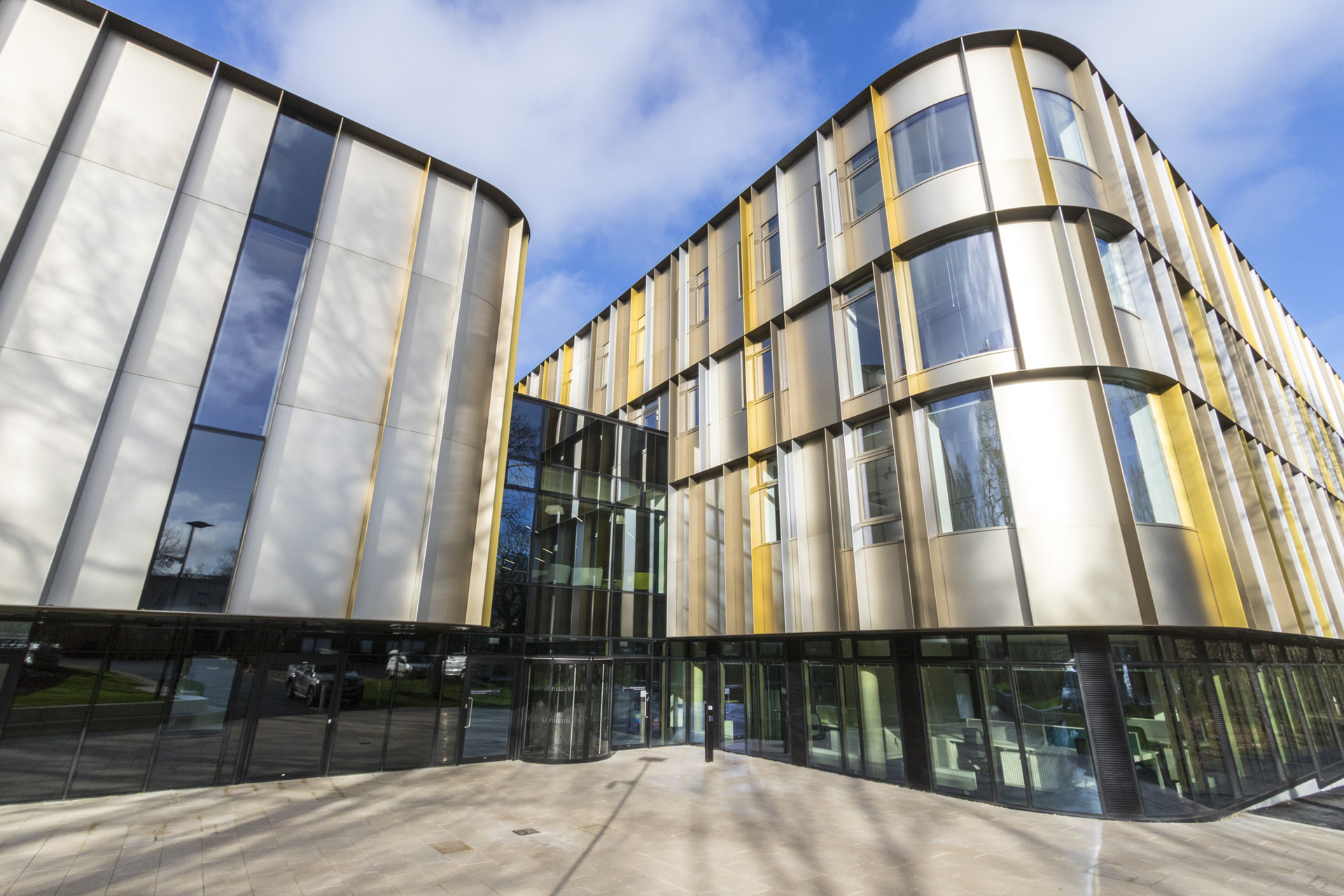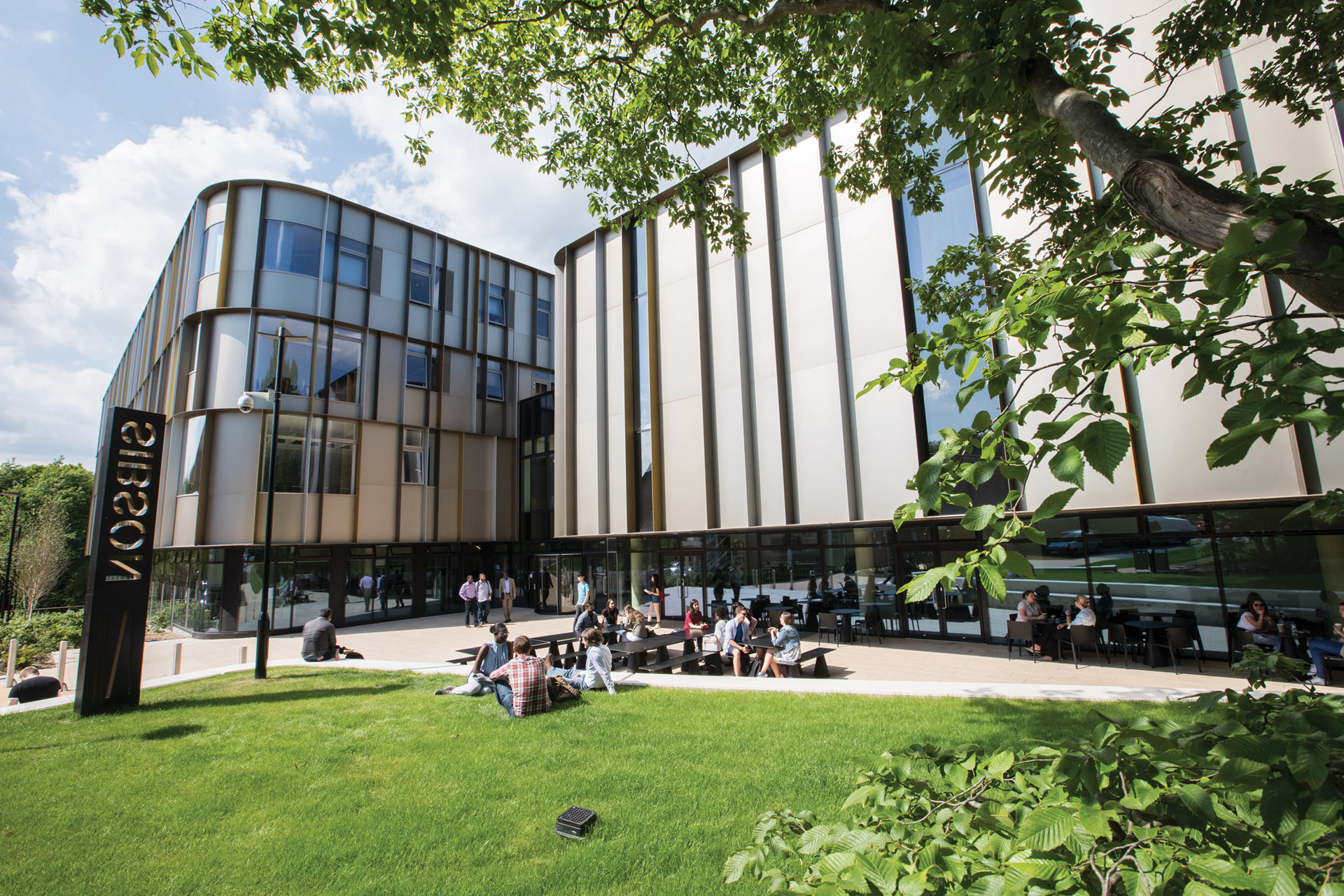Responsibilities of the Council
The Council’s responsibilities include:
- The oversight of the management and administration of the revenue and property of the University.
- The oversight of the conduct of the affairs of the University.
- The appointment of lay officers, including its Chair and the Chancellor, and lay members of the Council.
- Making and amending of the University’s Statutes (subject to the Privy Council’s approval) and Ordinances.
Principal Committees and Membership
The Council’s principal committees include:
- Honorary Degrees Committee (Joint Committee of Senate and Council)
- Audit Committee
- Ethics Committee
- Finance and Resources Committee
- Nominations Committee
- People Committee
- Remuneration Committee
- Joint Standing Committee on Academic Freedom and Freedom of Expression (SCAFFE)
Our Council structure
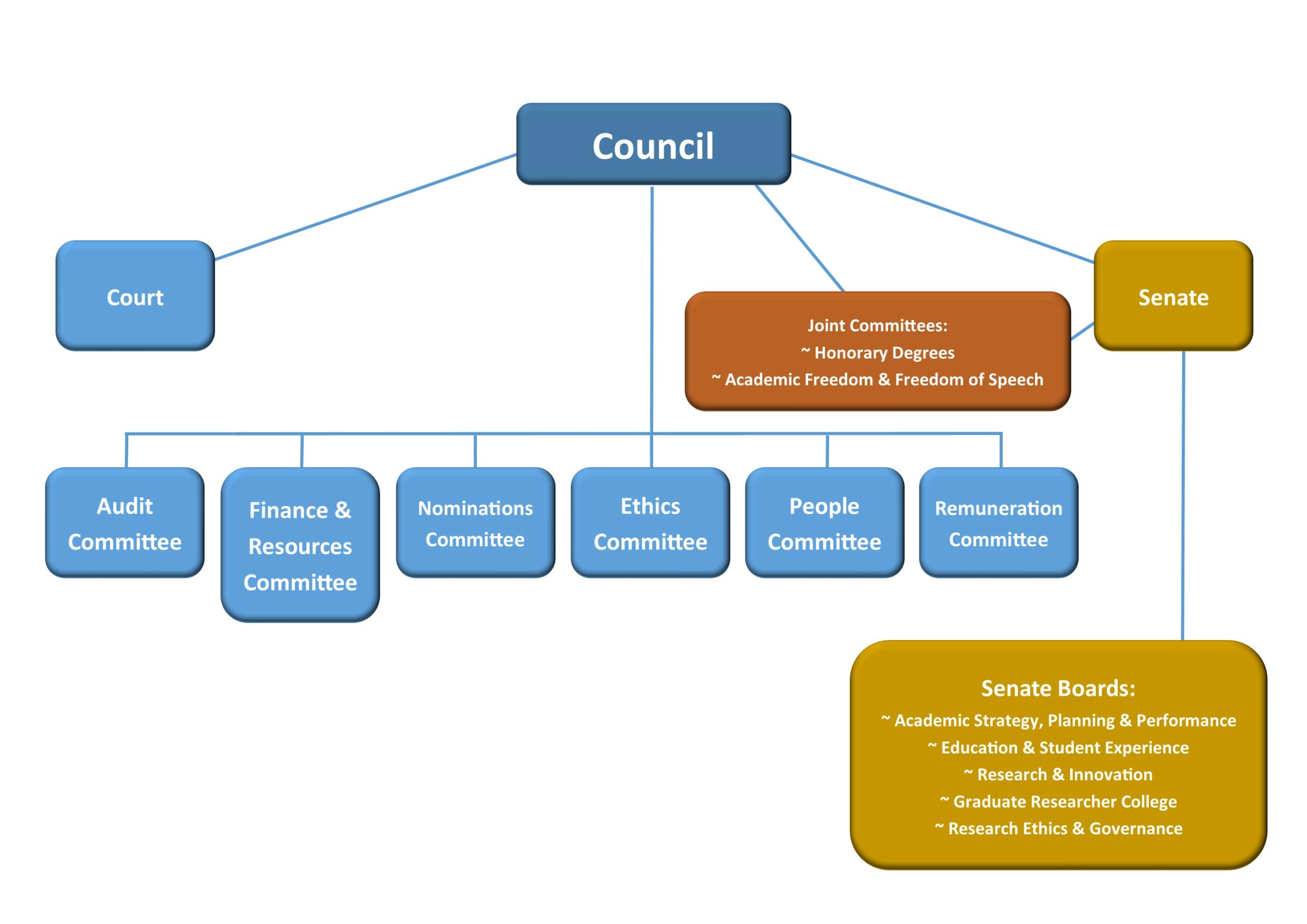


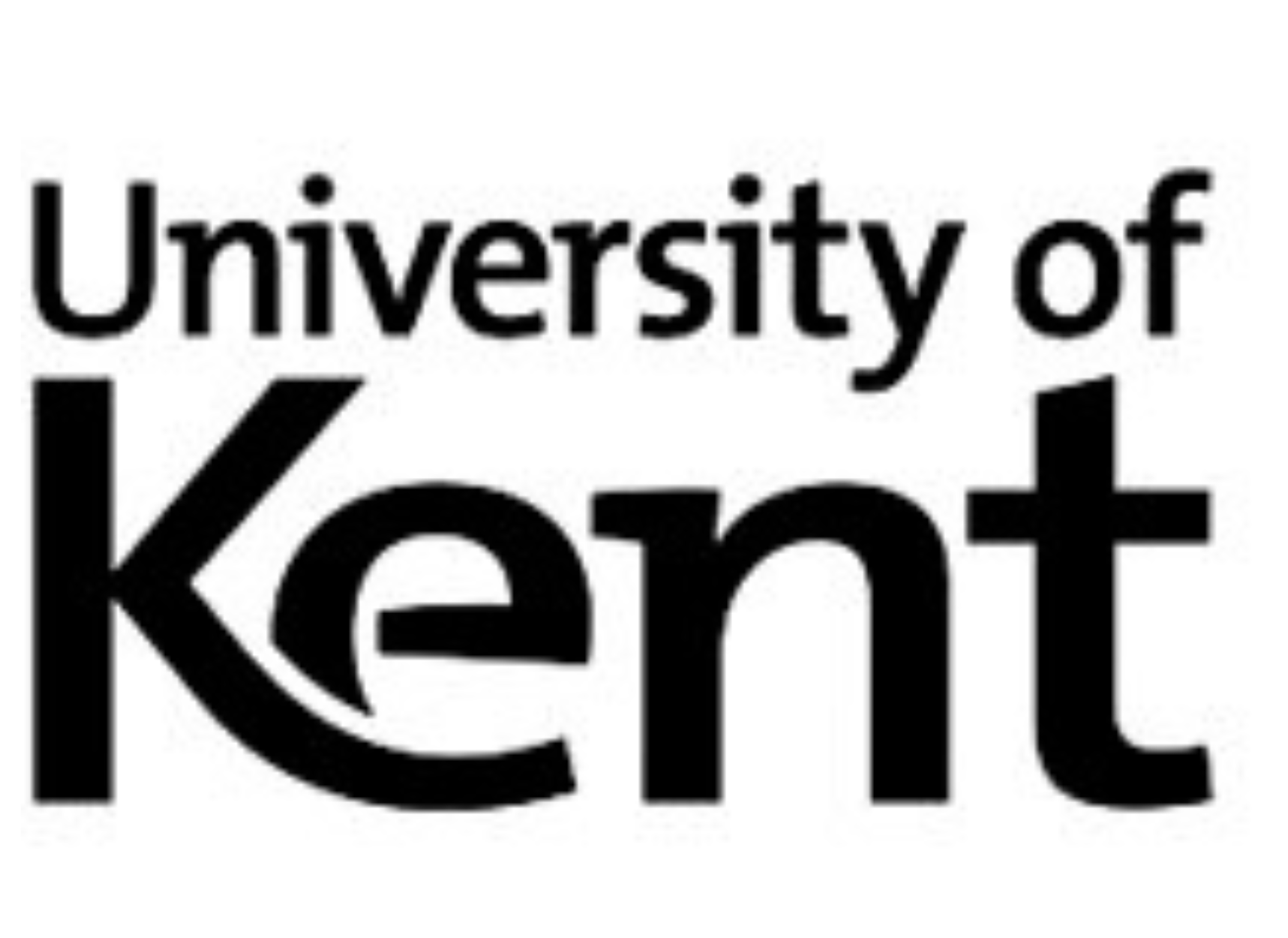
 www.kent.ac.uk
www.kent.ac.uk 